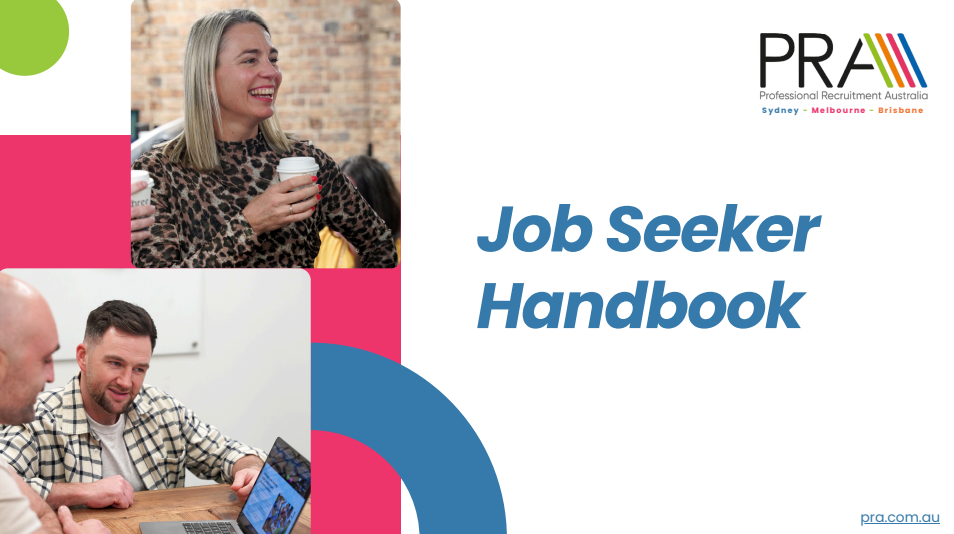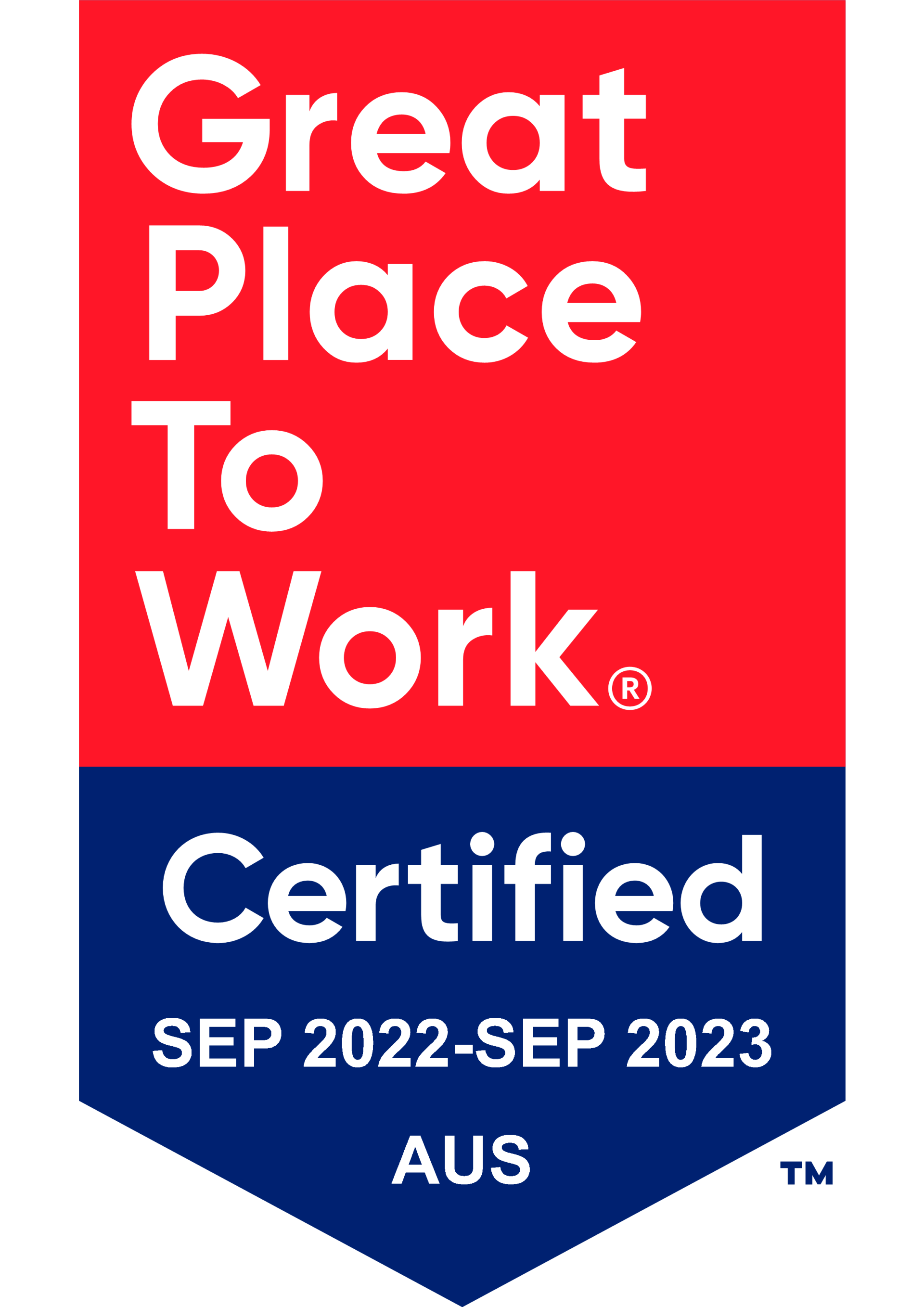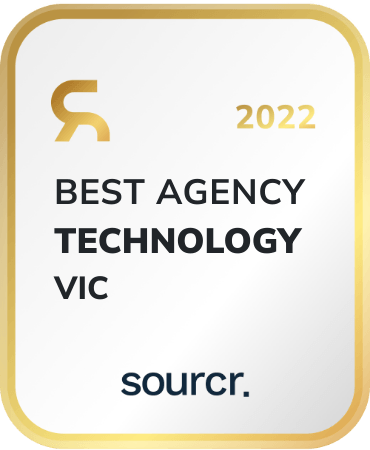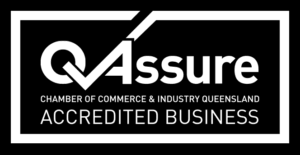4 Things to Do Before Applying for Your Next Tech Job
We’ve all heard the famous Benjamin Franklin quote, “By failing to prepare, you are preparing to fail”, and this mantra applies when you are starting a job search, especially in the midst of the COVID-19 outbreak. All too often, people make the decision to leave their current role and throw themselves head-first into the job hunt, only to find they don’t get the results they want right away. If you’re spending more time at home as a result of the pandemic, this a good opportunity to do a bit of planning and preparation that will ensure you’re in the best position to find the right Tech job and nail the application process from the start.
Here’s our advice on the key things to do before applying for a job.
1. Strategise Your Next Step
Planning out your career goals will help ensure you move into a new role that fulfils your needs. You might be at a point in your career where you want to gain experience across as many projects as possible. Or perhaps the company culture is more important to you, for example, if you’ve recently started a family and want flexible working arrangements.
Start by thinking about why you are looking to move from your current position. Is it for financial gain, professional development or have you simply progressed as far as you can? Listing out the reasons for leaving and creating a wish list for your next role will help you sort through all the roles advertised and focus on the one that is right for you.
2. Get Your CV and LinkedIn Profile in Order
Job search preparation starts with reviewing your resume, ensuring it’s up to date and includes all of the achievements in your current role. Formats for resumes change over time and this might be the first time you’ve looked at yours for several years. Focus on the projects you’ve delivered, targets you’ve met and other key achievements, as well as on highlighting your skills and responsibilities.
Next, assess the effectiveness of your online presence, particularly your LinkedIn profile. Again, you’ll want to be sure that it is current and reflects your most recent experience, and that it builds upon the details in your CV. Since the primary purpose of LinkedIn is networking, focus on expanding your professional network with valuable connections that could open the door to new opportunities, including, where possible, people within the companies you seek to work for. There are plenty of roles that are filled through networking, so introduce yourself to hiring managers or connect with recruiters in the Tech field on LinkedIn.
3. Review Your Personal Brand
As we mentioned before, conducting an online audit is essential when you’re about to embark on a job search, and your personal brand is a major part of that. Bear in mind that recruiters and companies often Google prospective employees as part of their sourcing strategy. Do a quick search and see what comes up against your name. Is this how you want employers to see you? Does it accurately represent who you are and what you have to offer as a candidate? A good way to develop your personal brand is to engage in online discussions with industry peers or share articles about the latest developments in IT on LinkedIn.
Don’t forget to take a look at your other social media accounts. Platforms such as Facebook, Twitter and Instagram may typically focus on your personal life rather than your professional one, but you should review your privacy settings to make sure the content is only visible to your friends and family, and delete anything that you’d be uncomfortable with a prospective employer seeing.
4. Tailor Your Application
Hiring managers can receive hundreds of applications for each job they post, so yours needs to stand out. One of the best ways to achieve this is to tailor every application to reflect the specific criteria of each job vacancy, thereby demonstrating that you meet the requirements for the position. Before you apply for a role, analyse the key points of the job advertisement, as well as do some research on the company to better understand their vision, recent projects and key people. This will help you to customise your cover letter and CV so that they echo what the organisation is looking for.
When writing your resume, focus on showcasing the skills and experience that are required to deliver this particular role, as opposed to outlining a full job history that wastes valuable space on irrelevant details. Think about specific qualifications or courses you’ve completed that would be worth highlighting. It can also be helpful to talk to your recruiter to find out more about the position and discover what the ideal candidate looks like.
Summary
Making the decision to move roles or companies can be exciting and nerve-wracking at the same time. You are now facing a world of new opportunities and are about to take the next step on your career trajectory. Through a bit of forward-planning and by following these steps on what to do before starting a job search, you’ll be set up to secure your dream job in no time.
If you’d like to talk more about preparing a job search, our team of specialist recruiters can help. Don’t delay your IT job search – get in touch today.


